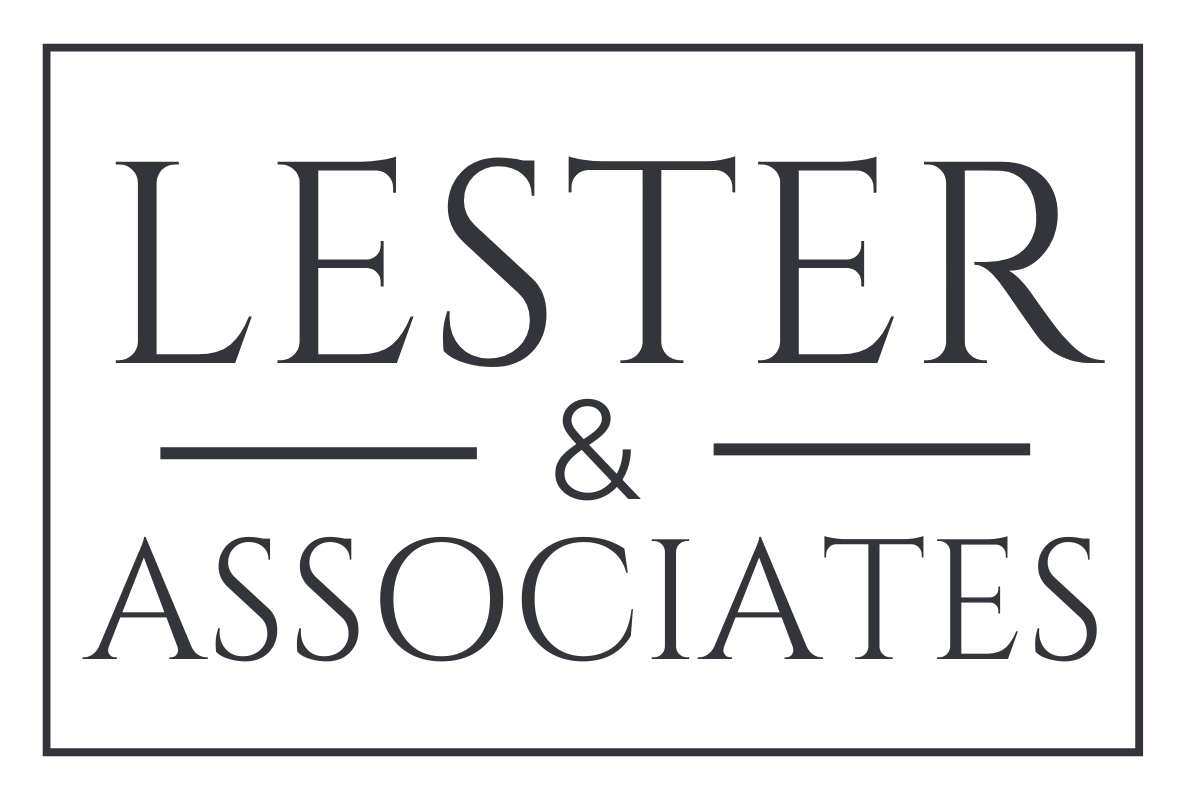Implicit Waiver of Solicitor: Client Privilege: 2017
Implicit Waiver of Solicitor–Client Privilege
Solicitor-client privilege is a cornerstone of our justice system. It is a substantial civil and legal right that has been elevated to a class privilege and a principle of fundamental justice. It protects from disclosure all confidential communications between a client and his lawyer that are made for the purpose of furnishing or obtaining professional legal advice or assistance. The existence of such privilege encourages clients to disclose to the lawyers all pertinent information since the client can be assured that the information is protected from disclosure.
In spite of all this, there are occasions where solicitor client privilege can be inadvertently waived by a party. The recent decision of the Ontario Superior Court in Roynat Capital v. Repeatseat Ltd.‘ explores these issues in some detail. First, where a plaintiff has had legal advice, and yet he pleads that he relied upon the representations of the defendant, the plaintiff has voluntarily injected his state of mind into the litigation. Fairness would then require that the plaintiff be obliged to disclose the nature and extent of the legal advice which he obtained on the point in question. Thus, in TD Bank v. Leigh Instruments?, the plaintiff bank made a loan to a subsidiary of the defendants. The loan was not repaid and the bank sued the defendants, alleging that it had relied on the comfort letters provided. The defendant successfully sought production of the legal advice relevant to the bank’s knowledge regarding the enforceability of comfort letters. The judge held that by claiming reliance on the comfort letters, the bank had by implication waived privilege.
The implied waiver of solicitor-client privilege can also occur in good faith claims, which arise with some frequency in first party insurance claims. In Creative Career Systems. v. Ontario (2012)3, Perell J. concluded that deemed waiver and an obligation to disclose in good faith claims required two elements; namely: (1) there must have been legal advice provided in respect of the claim (so that it is material to the law suit); and (2) the party who received the legal advice must have made the receipt of it an issue in the claim or defence. This may sound worse than it is: the case law is clear that the mere fact that during the events giving rise to the claim or defence, the party received legal advice, is not enough for waiver, even if the party relied on the legal advice. Rather, waiver requires that the party used the receipt of the legal advice as a material fact, either in its pleading, or at discovery. For example, if a claims rep, at discovery, were to testify that she denied a claim based upon advice provided by her lawyer, or based upon her subjective knowledge of the law, she might well be waiving privilege over the legal advice she received prior to the denial of the claim. By making these statements, she is arguably relying upon her state of mind as a material fact in her denial of the claim.
For these reasons, it would be good practice never to have a claims rep testify that a denial of coverage was based, even in part, on his or her subjective understanding of the law, or based upon communications with counsel. This ought not to be that difficult, since the claims handler ultimately should be making the coverage decision based upon his or her own assessment of the claim, even if that claims handler has received legal advice along the way. Similarly then, if asked at discovery as to basis for the denial of a claim, it would be good practice for the claims rep to refer to the bases set forth in the denial letter, which, after all, is not privileged.
1
